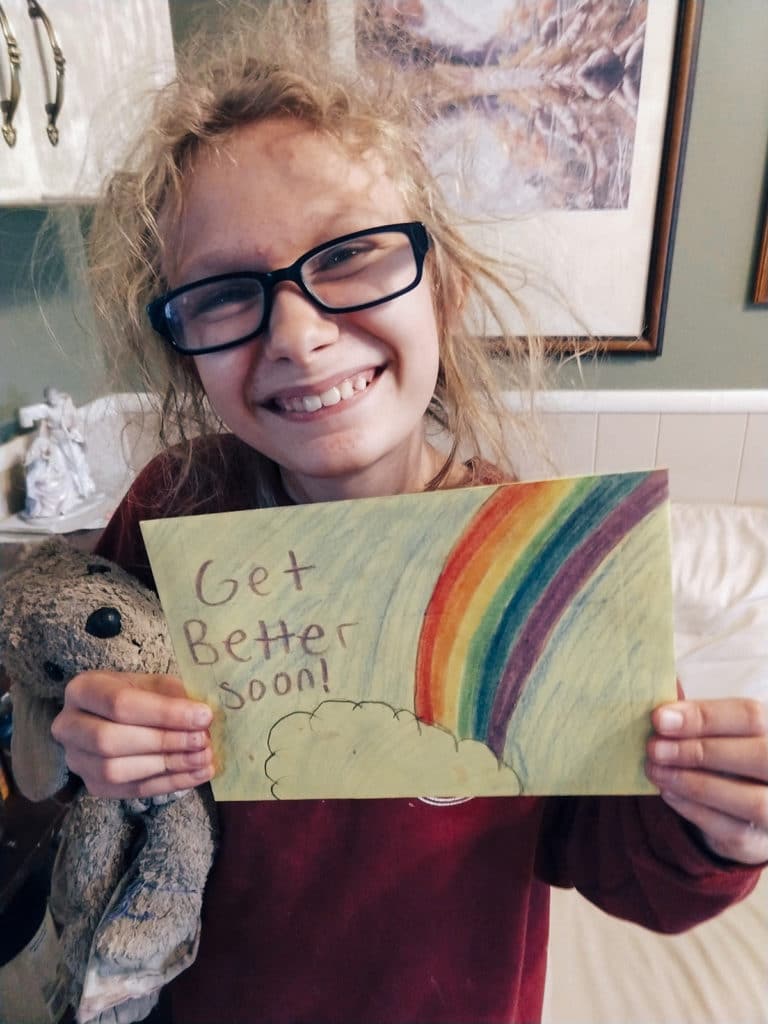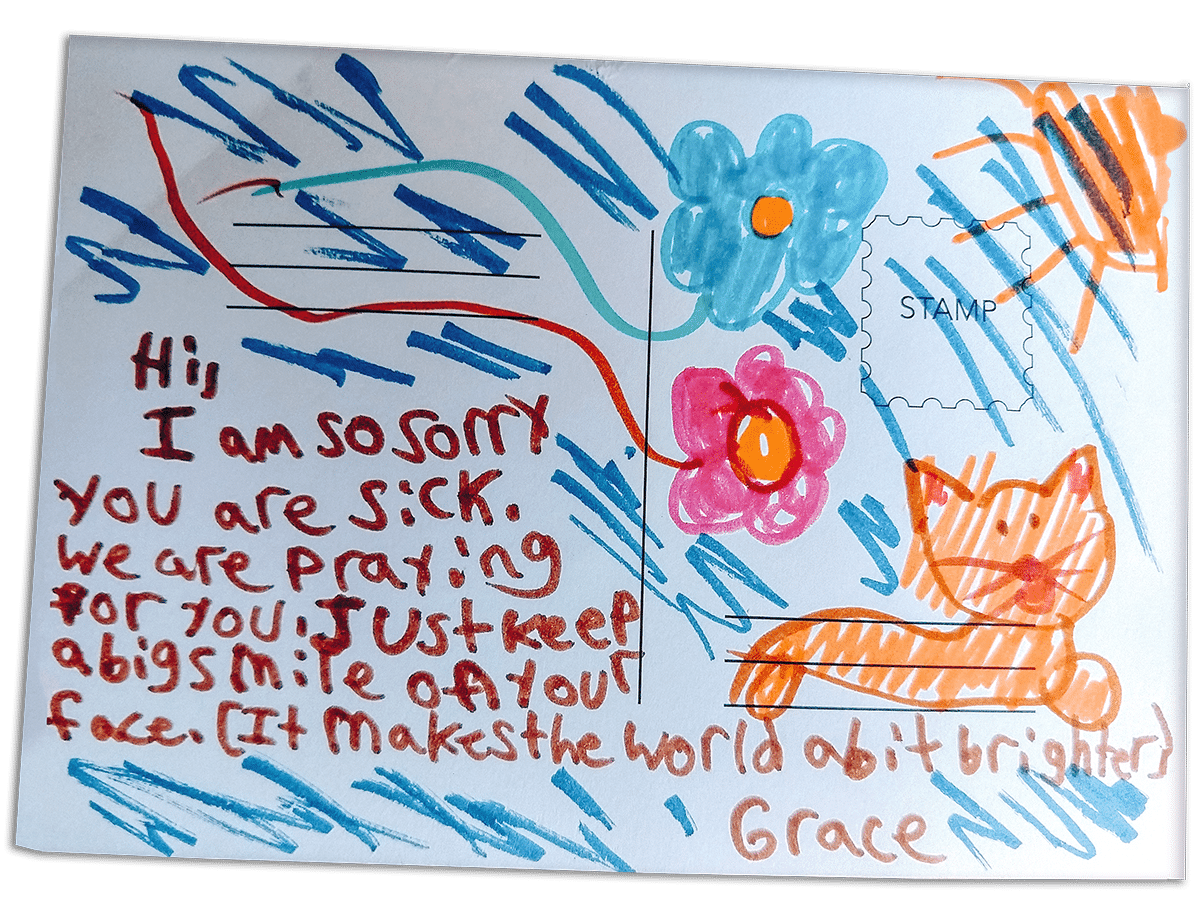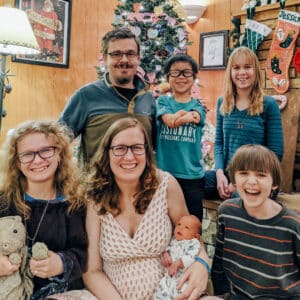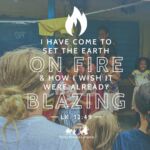
Resisting Normality
“What we are living now is a place of metanoia (conversion), and we have the chance to begin. So let’s not let it slip from us, and let’s move ahead.” – Pope Francis, 8 April 2020
Thanks to COVID-19 lockdowns and our own self-isolation this past Spring, I got to spend a lot of time reading the homilies and teachings of Pope Francis. The theme that kept recurring to me was that we should not emerge the same from any crisis; we should instead, in the Pope’s words, “develop new ways of living,” “change course,” “separate what is necessary from what is not,” and resist the temptation to return to “normality.”
Now that we’re all many months wiser, I just want to take some time and reflect on our family’s time in self-isolation. Specifically, in what ways have we lived into the Holy Father’s teachings? Have we found a place of conversion?
Sacrifice
Yes, our passports are itching to be stamped—they haven’t been opened for over a year now! I dream of being on one of the hundreds of flights that pass over my head every day, or of going out and finding a local homeless person just to be able to say I talked to a stranger. But this is my personal sacrifice, one that the Lord has placed on me—not only to learn patience and humility, but also to protect my wife who, because of her vulnerable immune system, would almost certainly take up an ICU bed at a time when our medical systems are stressed if she were to contract COVID-19. I think I often forget that sacrifice is necessary to ensure the “common good,” as our Church teaches us, and that it is never to make me feel good or special. Rather, the Latin root sacrificium literally means to be given to God and thereby made sacred. Many times, this means to give our time and our plans to be made Holy.
Docility
From this very definition of sacrifice we find the meaning of docility: to offer ourselves to God and let Him direct our ways. We had planned a 72-hour Bible marathon at our local parish in April, and it was looking grim; our children were going to be reading at all hours of the night in order to just fill the time slots with warm bodies. When everything shut down in early March, we were ready to call it off. But then, we were directed to something new and different: a virtual Bible marathon. In a time when people felt isolated, this was a God-given blessing, and it sort of went viral within a local Bible college—we seriously don’t know how! In the end, our family was giving away our time slots to last-minute marathoners, and God’s Word was proclaimed in its entirety. All of this would never have happened if we were stubborn and refused to yield to God’s plan.

Prayer
I often think that I could never survive in a Carmelite monastery. But, as our self-isolation has drawn past 10 months, it seems that God is again helping me to be docile and learn to give myself to him in dedicated prayer. Like a child who has been sent to his room for a nap, I feel that God is asking me to rest with Him and learn how to just listen, watch, and contemplate how He is working in my life.
We found a painting of Jesus that was donated to FMC, and it is now hanging on the wall of our living room. I find myself—several times a day—staring into His eyes, contemplating what His expression means to me right now. We are social creatures, but we can never forget that we are first and foremost children of God who is always waiting for us to converse with Him.
Family
A huge blessing for us is that the pandemic has given our family our time back. Cancelling pretty much every ministry and obligation has allowed us to say yes to things that we previously didn’t have time for—game nights, extracurricular school activities, learning new skills, and our own family Bible marathon. It has been a reminder of the advice from our Bishop in Costa Rica—that our first mission is to be a family, and it is this witness of family life that should be the first fruits of any mission post.
Solidarity
Another beautiful blessing of our newfound life of solitude is that we have connected with others who are also at-risk and now find themselves isolated from their friends, community, and parish. The definition of solidarity is “unity of feeling or action.” I feel that God is allowing us to live united in our suffering with those who also cannot leave their homes or apartments (including the chronically home-bound) and it has helped us to open our eyes to the suffering of these poor.
A cornerstone of Catholic social doctrine, solidarity allows us to understand what life is like for those who are different, and there is no better way to learn than to step into another’s shoes. This has helped us to see that there is a chronic shortage of support for those who don’t feel safe or capable of shopping for groceries, visiting their local parish, or even walking over to a neighbor. It doesn’t mean we judge their lives, but instead our faith asks us to understand them and recognize their unique abilities as gifts and not roadblocks to some “normality” that the world wants us to follow.
In the coming months, we will hopefully be able to see our friends and family face-to-face again. But I think what Pope Francis is asking for all of us is to not rush to this artificial “normality” again, but instead use this time for conversion (metanoia—a change in one’s way of life resulting from penitence or spiritual conversion) and reflection on how the Lord is using this time to further mold us into His ways, directing us away from whatever distracts us from Jesus, our families, and our brothers and sisters around us.
This article first appeared in the Winter 2020 edition of our SERVE magazine. To check out more article from our missionaries, click here.

Comments are closed













